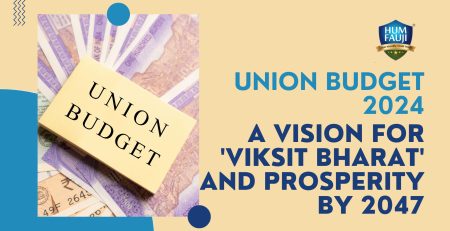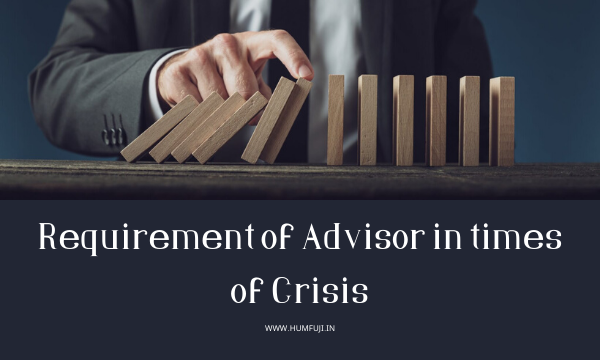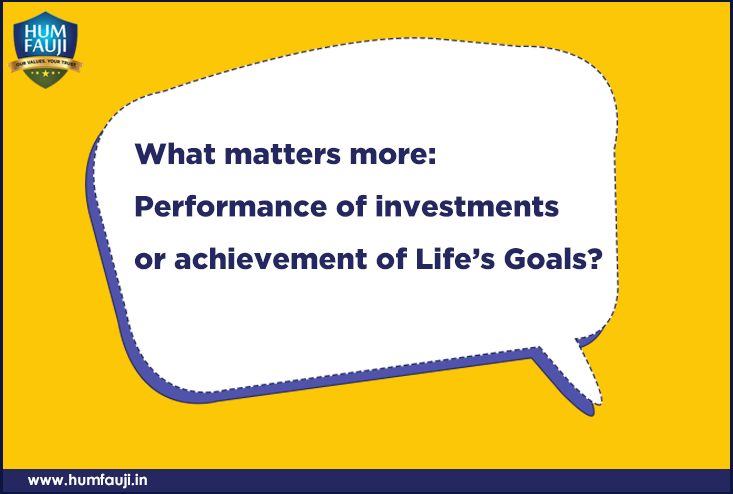The year 2020 has been overshadowed by the Coronavirus pandemic. While there can be some things about the handling of the entire situation by the government that you can be dissatisfied about, there are some other things that are praiseworthy. One such measure has been introducing Covid-19 specific health insurance policies by the Insurance Regulatory and Development Authority of India (IRDAI).
The regulator has come out with such two policies – Corona Kavach and Corona Rakshak. Let us understand what these insurance policies are and whether you should buy one.
What is Corona Kavach?
This is an indemnity-based health insurance plan. This means that operationally, this works like any other regular health insurance policy. In case of hospitalisation and treatment, the insurance company will pay for your hospital bills either as a reimbursement to you or directly to the hospital. The amount payable by the insurance company is subject to your sum assured in the policy. As per the IRDAI guidelines, the maximum sum assured available through this policy can be Rs 5 lakh.
What is Corona Rakshak?
This is a defined benefit health insurance. This means that the insurance company will pay the entire sum assured to you, the policyholder, in case the defined event takes place. In this case, if a policyholder contracts Covid-19, s/he will get a lump sum payment from the insurance company. This is irrespective of the hospitalisation and treatment expenses. The maximum sum assured available to you under this policy would be Rs 2.5 lakh.
This is akin to some other defined benefit insurance plans like a term life insurance or a critical illness health insurance. The amount you receive in such policies as a lump sum can be used as per your need without any restrictions, and there are no questions asked if the specified event takes place.
Things you must note
These policies are short-term policies in nature. This means that, unlike regular health or life insurance plans, these policies cannot be renewed year on year. As of now, the maximum tenure for these policies allowed is less than a year, the maximum typically being 9 ½ months.
Moreover, the insurance benefit will kick in only if the policyholder is tested positive for Covid-19 and is hospitalised for at least 24 hours. In the case of Corona Rakshak, the continuous hospitalisation needs to be for at least 72 hours to be eligible for the insurance benefit.
Should you buy Corona Kavach or Corona Rakshak?
Now here comes the tricky part. Just look around for anecdotal experiences of Covid-19 patients. The bill can easily run into several lakh rupees. There have been several instances that we know of, where the bill crossed even Rs 10 lakh. The better hospital you opt for, the higher the bill will be, and we all want to avail the best healthcare in such a critical situation.
Hence, in our view, the maximum sum assured under these specific policies is not sufficient. However, if someone does not have a health insurance policy at all, then getting a Corona Kavach policy as the first line of financial defence for the short term could make sense. Here too, we would advise to go for a regular health insurance policy with an adequate sum assured for yourself and your family. While ‘adequate’ varies from one person to another, with the rising cost of quality healthcare, this should be a 7-digit figure.
If you already have good health insurance, like in the case of serving officers and most of the retired officers, it may not be required unless you are not happy with the armed forces medical facilities or are inadequate in your area. However, for your other near and dear ones who do not enjoy such a benefit, you can definitely think about the Corona Kavach or Rakshak policy. Even though the sum assured is low in such policies, the amount can act as an income replacement for the hospitalisation period or till the time one recovers fully.
All said, make sure your financial plan has adequate provisioning for health and life insurance so that any setback doesn’t derail your financial life.













Leave a Reply